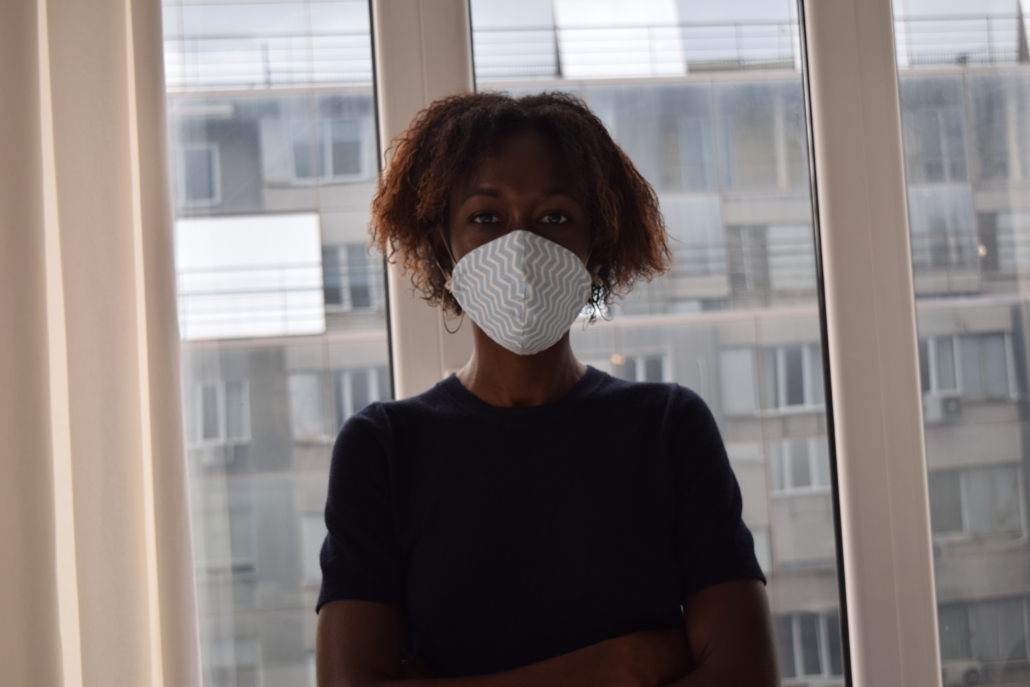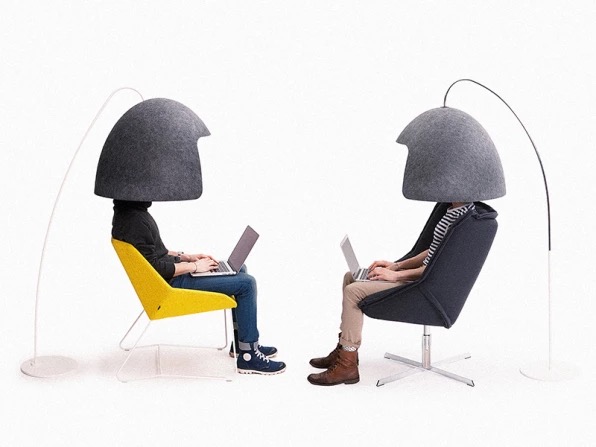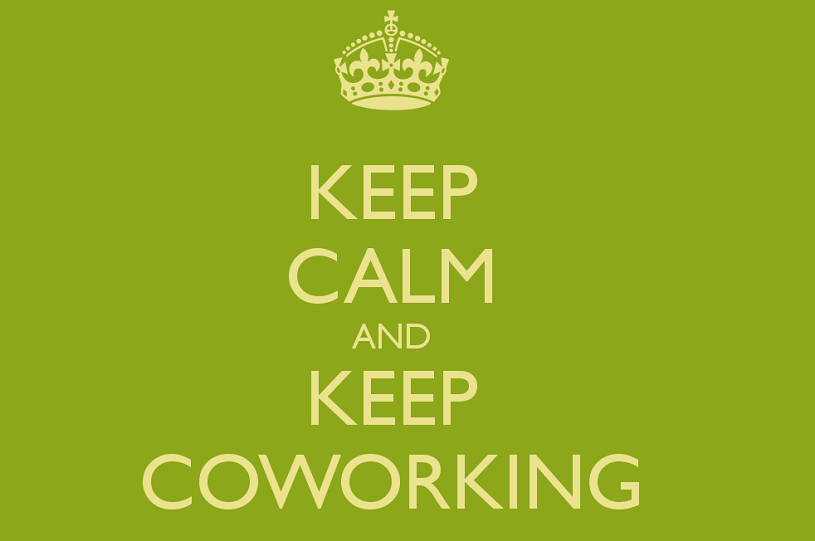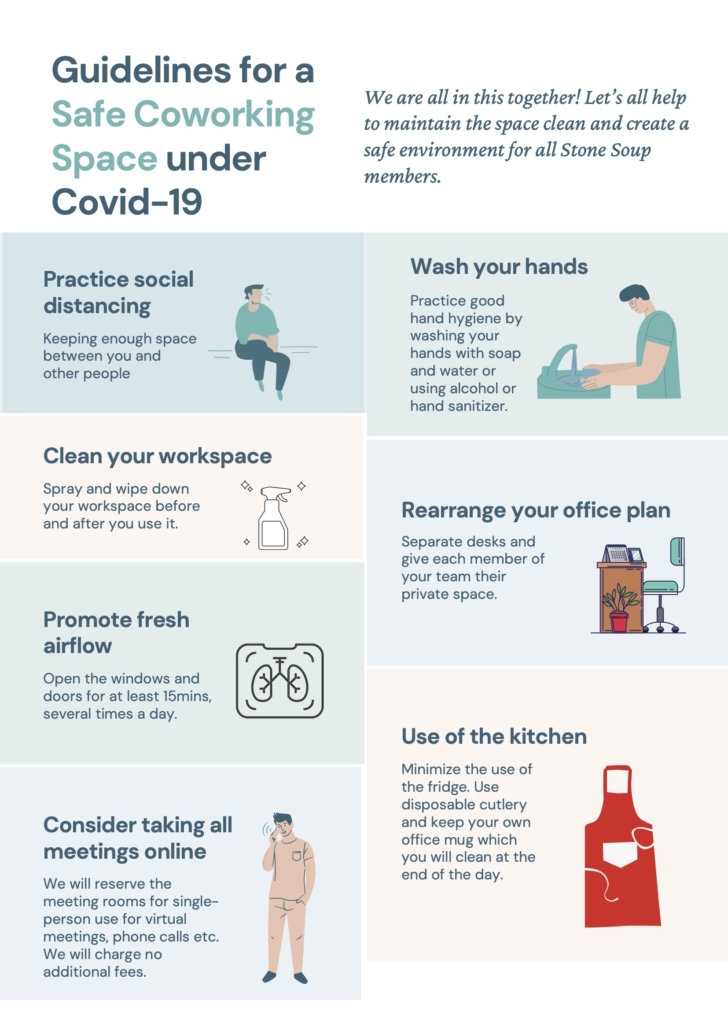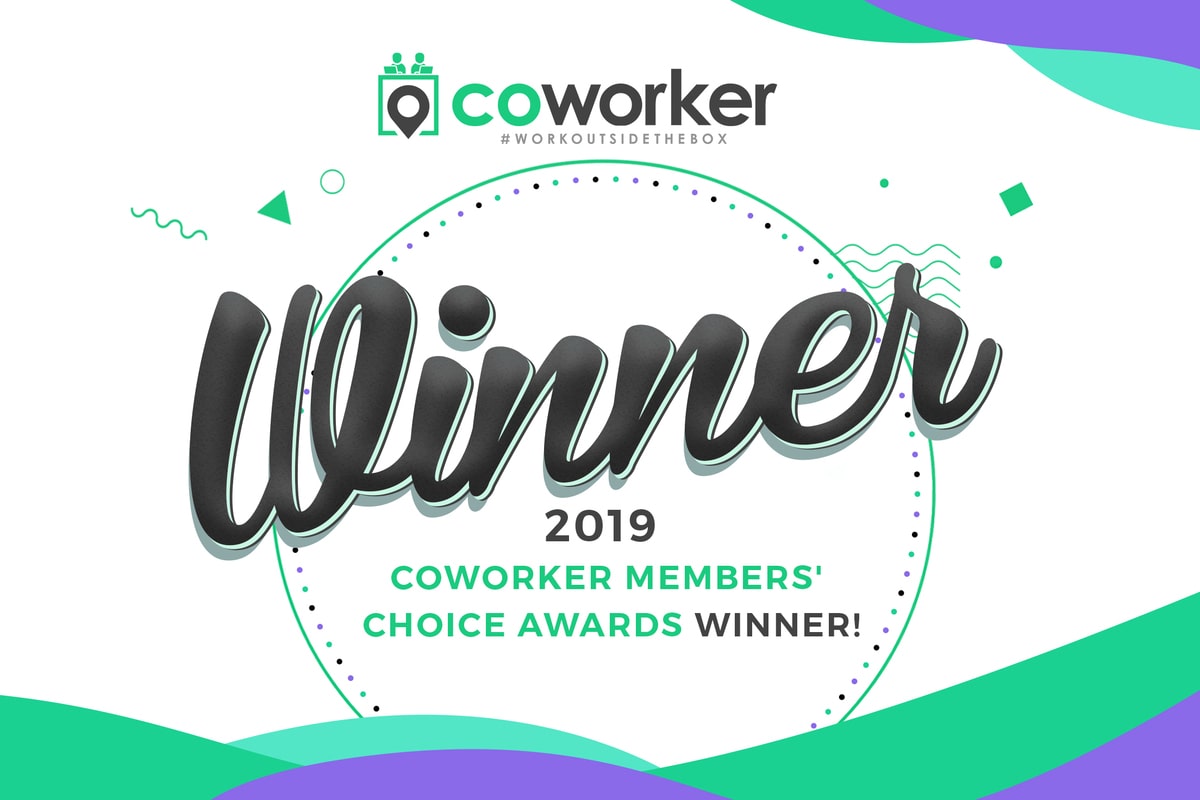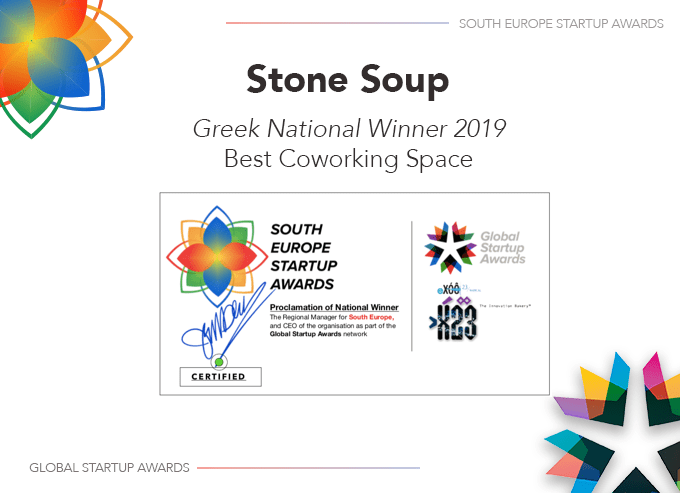Coworking empowers a lifestyle of diversity
Diversity is the product of community and collaboration blended together with openness. This is, after all, one of the key reasons people want to be part of a coworking environment. This allows them to diversify their vision and experience by collaborating with people from different backgrounds, interests, experiences, and thinking. By creating a community of experiences we try to bring together various perspectives and opinions of people who share a feeling of mutualism.

Jelia has always been looking for diverse experiences and new links. She has chosen Athens to be her new home and she recently joined our coworking community. Since it is one of our core values, we discussed why she is constantly seeking diversity both in her work but also in her lifestyle.
“We carry so many places within us and it’s through these places that we see everything new.”

This is what it feels for Jelia when she travels to a new community and gets to meet new people. Coming from a diverse background herself, Jelia is originally from Senegal but she was born and raised in London. She is a lawyer at Doughty Street Chambers working remotely from Greece and she specializes in refugee law, human rights, and international criminal law. Working on a diverse range of issues in these areas, she provides legal assistance to unaccompanied child refugees seeking family reunification in Europe, and to victims of mass crimes seeking to access justice. Jelia joined Stone Soup in October and we had the chance to speak with her about her coworking experience in the diversity of Athens and the importance of inclusion in a community.
Travelling for diversity: Jelia’s background
Jelia studied Law and Spanish language at the University of Sheffield in the UK. She also studied in Barcelona for a year before pursuing a Master’s degree at UCL. After finishing her studies she worked abroad in different parts of the world from Argentina and Colombia to Cambodia. As a result, these travels truly enriched her vision of a world where diversity plays a core part. She first came to Greece in 2016, to work as a volunteer in the camp on Samos island. In 2018, she was able to come back to Greece for another volunteering stint, this time with Safe Passage. And that’s where her story with Athens begins.

Living in Athens: diversity seems familiar
Jelia has been living in Athens for two and a half years since then. For her, Athens is spatially diverse and is “becoming” culturally complex too. So, she loves the ecosystem of the center of the city because it is imperfect and not homogenous. Moreover, she enjoys the diversity of the urban small streets, the micro-neighborhoods, and the variety of independent coffee shops and small businesses. She also likes to cycle and walk in the area of “petroukaki”, which is the name she gave to the Petralona and Koukaki areas! In general, she highlighted the feelings of familiarity this imperfect environment creates in her. It reminds her of all the different cities she has lived in, like Buenos Aires. Driving in Greece is terrible like in Senegal too, she adds! Jelia notes that living in Athens has deepened her work because she is more directly exposed to migration. As a result, she can better understand the needs of the community she is trying to help.
Coworking in Athens: diversity in the workspace community
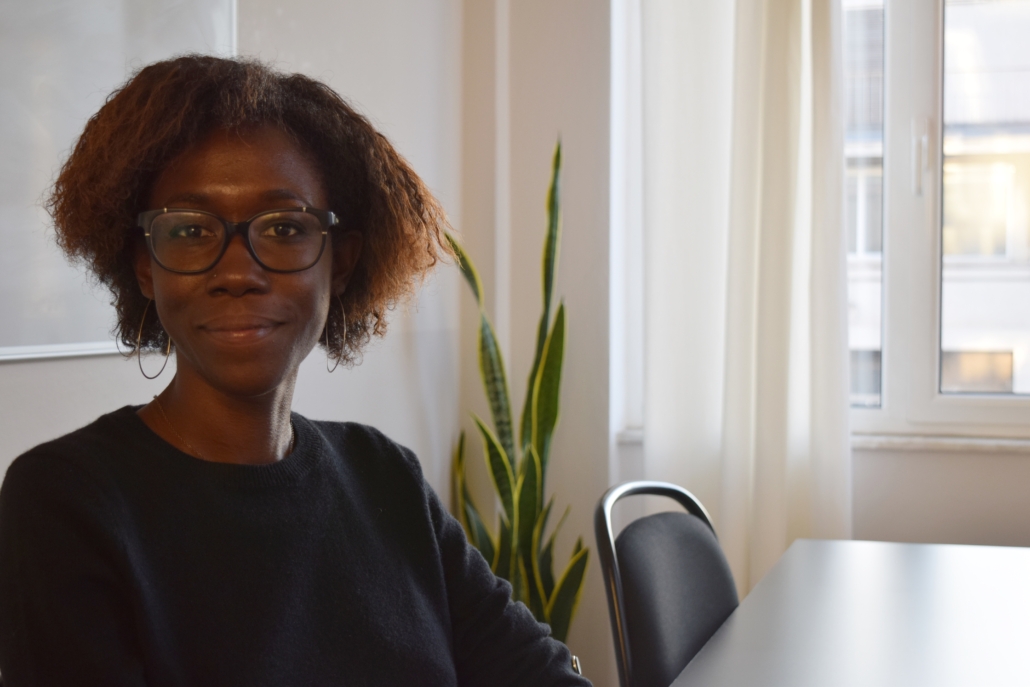
The choice of coworking in the diversity of Athens has offered her more work-life balance than London, she admits. The city doesn’t stress her out and meets her needs while she is trying to integrate. She decided to join a coworking space because she felt isolated and stressed working from home during the lockdown. She picked Stone Soup because the privacy she can have makes her feel settled. Now she laughs when she gets home and only has to say “Hi, flat!”. As a self-employed professional she needs both privacy and proximity to an everyday community. Her work and traveling experience add to her words about the elements she looks for in a workplace: “People always bring diversity and complexity and that enriches a community”. So, for Jelia, the coworking community should be a respectful place where people can express themselves without fear in these crazy times. She also works as a human rights consultant for the United Nations and NGOs. Her part-time work for the NGO All Survivors Project, which focuses on male survivors of sexual violence in war zones (gay, trans, non-binary), highlights the need for a safe space for everyone who challenges the norms.
Coworking for diversity in Stone Soup
The Stone Soup philosophy and Jelia’s work experience are based on the pursuit for inclusion and the expression of diversity. Here, Jelia adds, you can choose your friends because there are no office politics among the coworkers. Here, she gets to learn about tech and algorithms from Paulin and meet people who can be friends and not colleagues. She misses many things from pre-pandemic Athens though. But there is one thing she can’t wait to have once again: live concerts and drinks on the roof!
